Ever wondered why your body suddenly jerks just as you’re drifting off to sleep? The answer lies in fascinating science!
Have you ever noticed that your body suddenly jerks when you’re about to fall asleep?
This surprising experience can wake you up and make you feel startled.
Many people have gone through this, and it has a specific name: hypnic jerk.
Research shows that about 60 to 70 percent of people experience these jerks at some point in their lives.
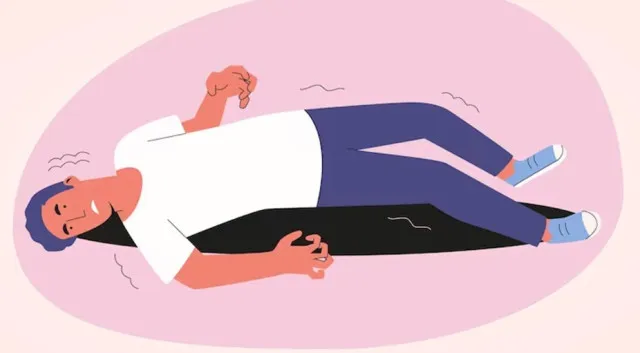
What are hypnic jerks?
Hypnic jerks, also called sleep starts or hypnagogic jerks, are involuntary movements.
They occur as you transition from being awake to falling asleep.
They can feel like a sudden jolt or twitch.
While the exact cause of hypnic jerks is not fully understood, they are thought to be related to how our nervous system operates when we fall asleep.
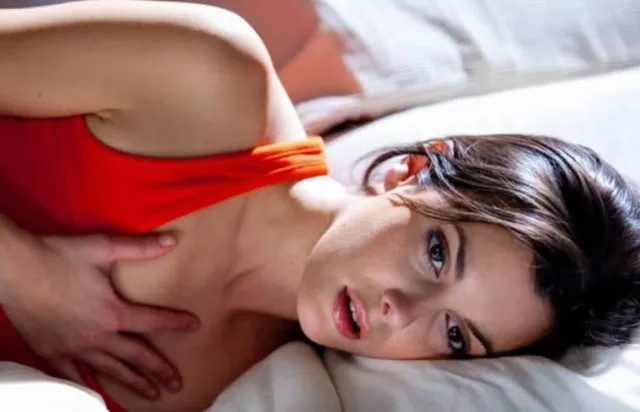
The stages of sleep
To understand hypnic jerks better, it helps to know about the different stages of sleep.
Sleep is divided into several stages, each with unique characteristics:
Stage one
This is the lightest stage of sleep. It occurs when you first start to doze off.
Your heartbeat and breathing slow down, and your muscles relax.
You may also experience small twitches during this stage.
Stage two
In this stage, you enter a deeper sleep.
Your heart rate and breathing continue to slow, and your body temperature drops.
Brain activity slows down, but you may still have bursts of electrical activity.
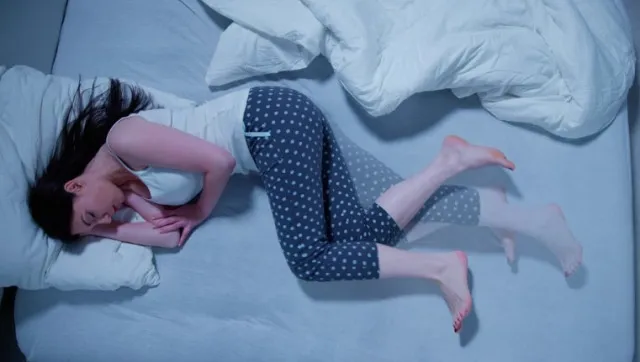
Stage three
This stage is crucial for feeling refreshed in the morning.
Your heartbeat and muscles are at their slowest, making it hard to wake you up.
REM Sleep
This stands for Rapid Eye Movement sleep. It occurs about 90 minutes after falling asleep.
During this stage, your eyes move rapidly, and your brain activity resembles that of being awake.
Most dreaming happens during REM sleep.
You cycle through these stages multiple times each night.
Hypnic jerks usually occur when you are transitioning from wakefulness to stage one sleep.
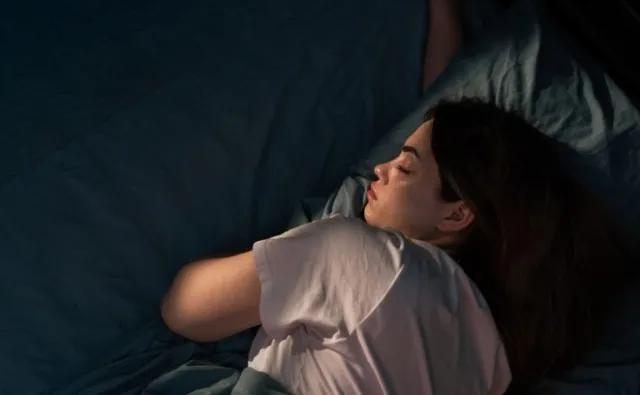
Why does your body suddenly jerk while falling asleep?
While the precise reason for hypnic jerks is still a topic of research, several factors contribute to their occurrence.
One theory is that as you fall asleep, your brain and body start to relax.
Sometimes, this relaxation can send mixed signals to your nervous system. The result is a sudden jerk or twitch.
Hypnic jerks are more common when you are sleep-deprived or overly tired.
When you lack sleep, your body may try to skip stages.
It moves quickly into deeper sleep, increasing the likelihood of jerks.
Rafael Pelayo, a sleep specialist, explains that hypnic jerks are essentially your body’s way of signaling that you need sleep.
They act as a reminder that getting enough rest is important for your overall health.
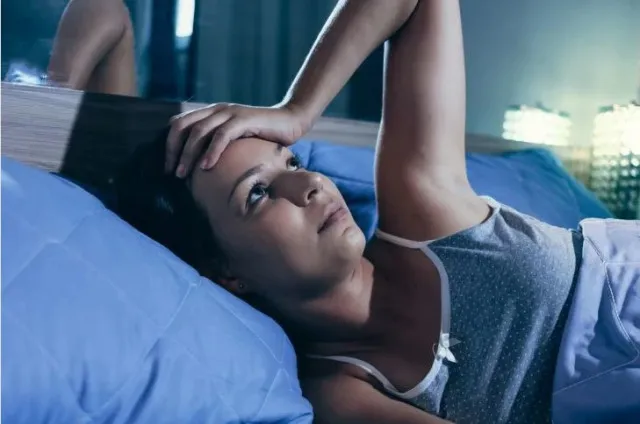
Are hypnic jerks dangerous?
Fortunately, hypnic jerks are not harmful.
While they can be startling, they do not pose any serious health risks.
However, some people may feel anxious after experiencing a jerking movement, which can make it hard to fall back asleep.
If this happens to you, it can help to reassure yourself that hypnic jerks are normal and not a sign of a problem.
If you frequently experience these jerks, it may indicate that you are not getting enough sleep.
Consider evaluating your sleep habits to find ways to improve them.
Aim for seven to nine hours of sleep each night to help prevent fatigue and reduce the occurrence of hypnic jerks.
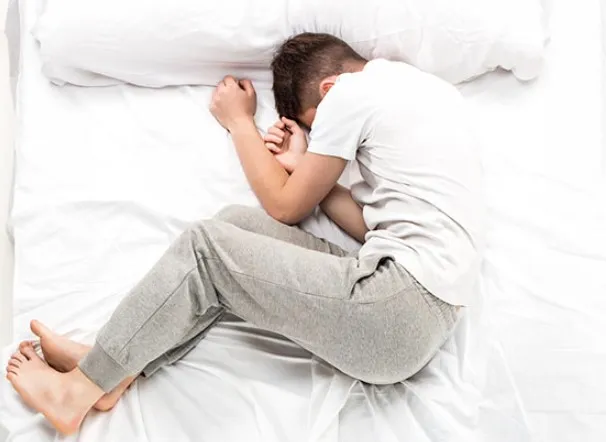
Tips for better sleep
If you want to minimize the chances of experiencing hypnic jerks, here are a few tips:
Establish a Sleep Routine: Go to bed and wake up at the same time every day.
Create a relaxing environment: Make your bedroom a calm and comfortable space for sleeping.
Limit caffeine and screen time: Avoid stimulants and screens before bedtime to help your body wind down.
By understanding hypnic jerks and their causes, you can take steps to improve your sleep quality.
Remember, good sleep is essential for your overall well-being, so listen to your body and prioritize rest.